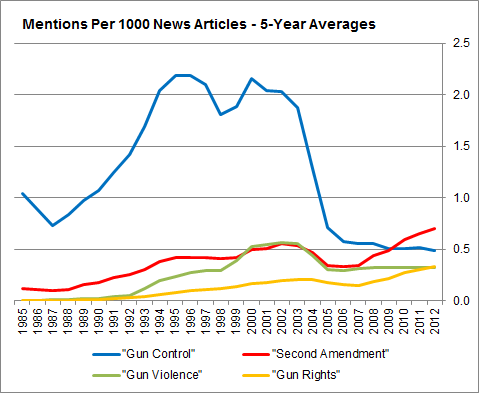On both sides of the War of the Iptivists, many people seem to believe that opinions about linguistic usage reflect attitudes towards innovation. The story goes like this: A new word, a new form, or a new construction is invented; at first, most people reject the innovation and deprecate the innovators; but the innovation spreads all the same; eventually it becomes normal and accepted, and no one even remembers that there was a problem. While this process is underway, one side supports tradition, insists on standards, and mutters about Kids Today; the other side supports innovation, points out that many of the Best People Are Doing It, and mutters about peevish old snoots.
Historical processes of that kind certainly do happen — see "In this day of slack style…", 9/2/2012, for a couple of examples. But overall, as an explanation of attitudes towards linguistic variation, this story is a failure. Usage peeving, though usually claiming to protect traditional usage, in fact aims to eliminate older forms at least as often as it tries to hold the line against newer ones. We've documented many examples of this over the years — see "At a loss for lexicons" (2/9/2004), "'Singular they': God said it, I believe it, that settles it" (9/13/2006), "Hot Dryden-on-Jonson action" (5/1/2007), "Preaching the incontrovertible to the unconvertible" (12/6/2012).
In the third edition of Garner's Modern American Usage, Bryan Garner has adopted a form of the linguistic rags-to-riches story as the basis of his five-step "Language-Change Index", whose "purpose is to measure how widely accepted various linguistic innovations have become". And unfortunately, he sometimes applies this scale to characterize the status of cases where the innovation-to-acceptance history just doesn't apply.
Read the rest of this entry »

